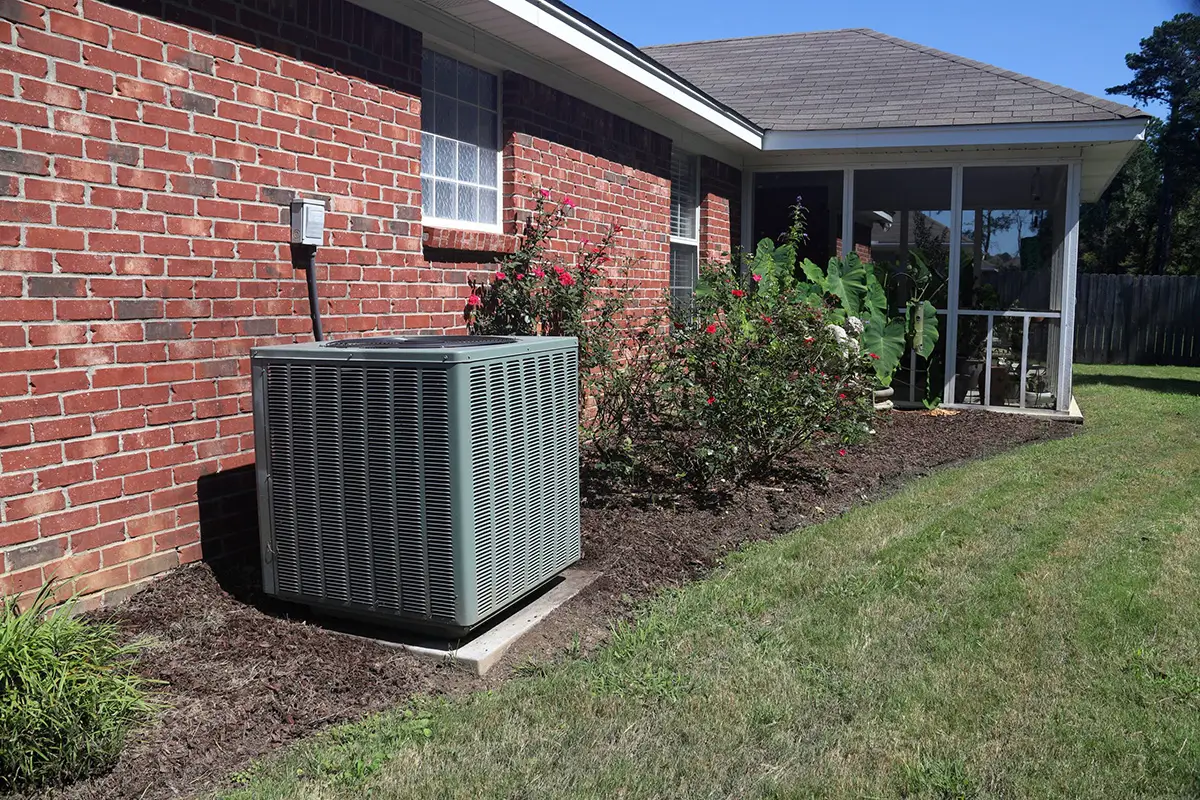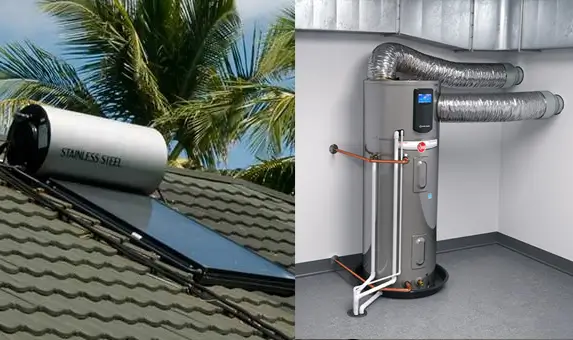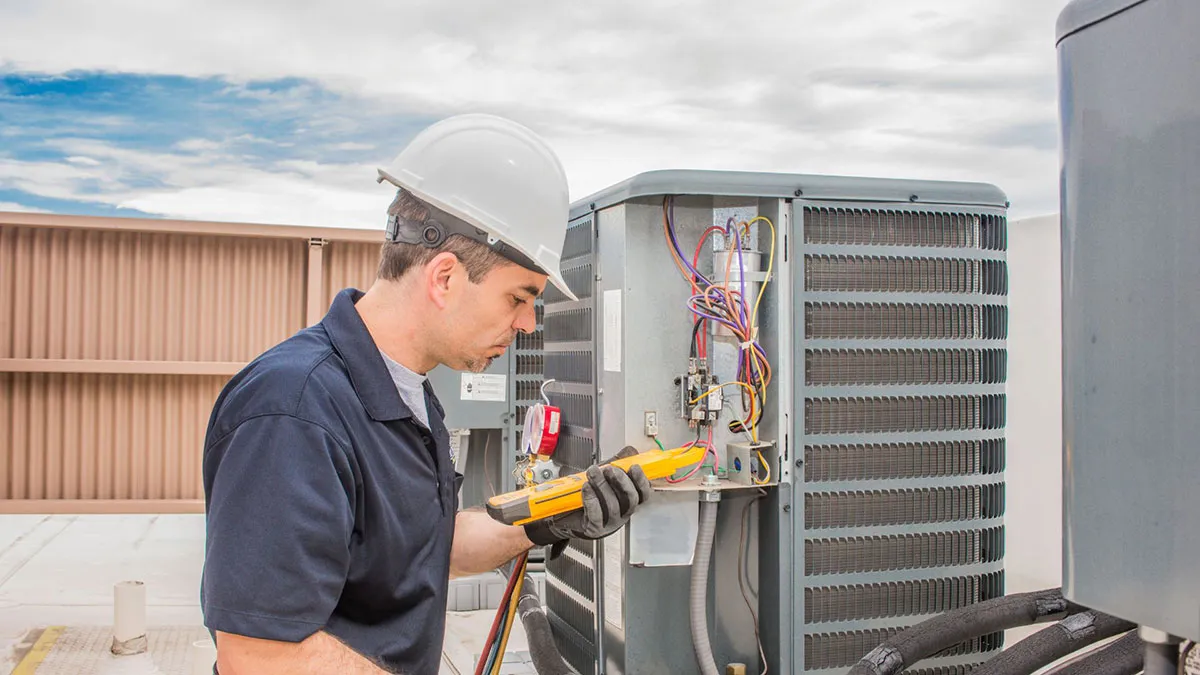Have you ever walked into someone’s home, and it just felt…stale? While it could be chalked up to ‘bad vibes’ in today’s culture, the reality is that you may be firsthand experiencing poor indoor air quality or IAQ.
Air Quality 101
For anyone unfamiliar with indoor air quality (or if this is the first blog you’ve read about air quality), you may be wondering what your home’s indoor air quality is and how to gauge it. Unsurprisingly, your indoor air quality is affected by many things around your home, but what people may not know is all the ways it can affect day-to-day life and your overall health.
Why Air Quality is Important
Our air quality can affect things as simple as allergies and as complex as cardiovascular health. Poor indoor air quality can be caused by allergens, pollutants, and organic matter. Poor ventilation and excessive humidity (two proponents of poor indoor air quality) are also the perfect conditions for mold spores to grow and thrive. Some of the symptoms of poor indoor air quality can range from itchy, watery eyes, a sore throat, trouble breathing, and even nausea.
Feeling good and being safe in your home is impossible without good indoor air quality. But how can you gauge your indoor air quality?
6 Things That Can Harm Indoor Air Quality
Air quality can be affected by many things both inside and outside the home. Things that may be hurting your air quality include:
- Airborne particles such as dust, dander, and pollen
- Excessive humidity
- Poor ventilation
- Artificial fragrances
- Viruses
- External factors such as wildfires, smog, etc.
Poor indoor air quality can come from many different sources, but thankfully, there are ways to both protect and improve the air quality of your home.
How to Improve Air Quality at Home
There are three main ingredients for good air quality: humidity, ventilation, and pollutants. By improving ventilation, adjusting humidity, and avoiding pollutants, your home’s air will breathe that much easier. Follow these tips to improve your indoor air at home:
Watch Your Humidity
Your home’s humidity can greatly affect your air quality, as too much humidity can lead to things like mold and mildew growth, but too little humidity can result in dry cracking skin and conditions that feel hard to breathe in.
The ideal zone for your home’s humidity to rest at is between 35 to 45%. Things like cooking, bathing, and houseplants naturally increase the humidity in your home, but running your HVAC system helps regulate humidity indoors. Living on an island, our home may be more used to humidity than most, but keeping tabs on the levels can help protect and restore good air quality.
Prevent Pollutants
What do you think about when you think about air pollution? It’s probably a factory spewing black clouds or the air above a highly populated city like Los Angeles. What you may not think about are things like air fresheners, scented candles, your furniture, or your pets. However, these are all potential sources of indoor air pollutants. Some simple ways to protect your indoor air:
- Swap out candles. Paraffin wax candles can add all kinds of volatile organic compounds (VOCs) to your air when burning. Switch to soy or beeswax-based candles with a natural, wood wick to cut back on these harmful chemicals.
- Change your air filter. How often do you change the air filter in your HVAC system? Your air filter catches most pollutants as they pass through to keep your air quality safe. Most manufacturers recommend changing your filter every 30 to 90 days, depending on how heavily you rely on your HVAC system throughout the year.
- Vacuum often. This is especially important for pet owners! Vacuuming and dusting pick up pet hair and dander, dust, and dirt particles that may otherwise recirculate through your air supply. Make sure to use a microfiber cloth when dusting to ensure you actually pick up the particles.
Ventilate Your Home
Another simple way to improve your air quality? Open the windows! Refreshing your air supply every now and then prevents your air from getting stale and stagnant. Plus, it can allow viruses and pollutants to leave your home.
To schedule HVAC system maintenance or speak to a team member about your indoor air quality, contact Steve’s Plumbing & A/C Service (808) 563-4054. at (808) 563-4054 today!









